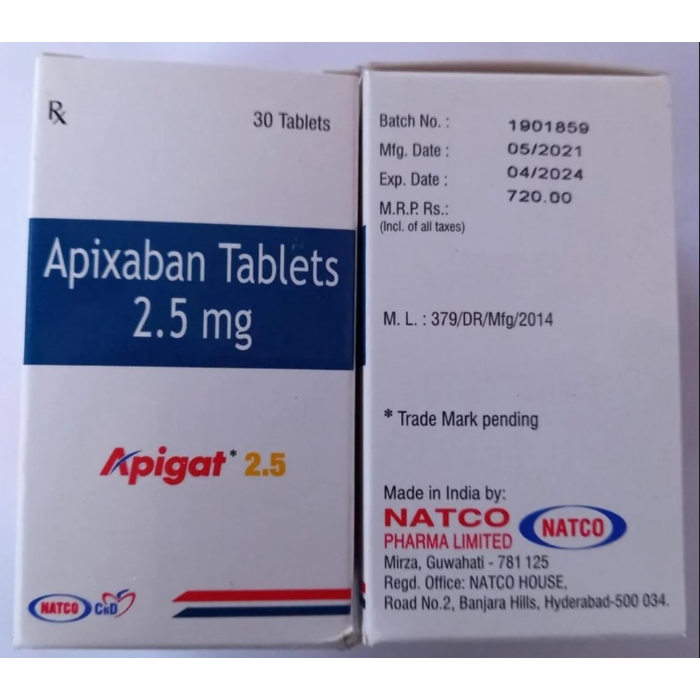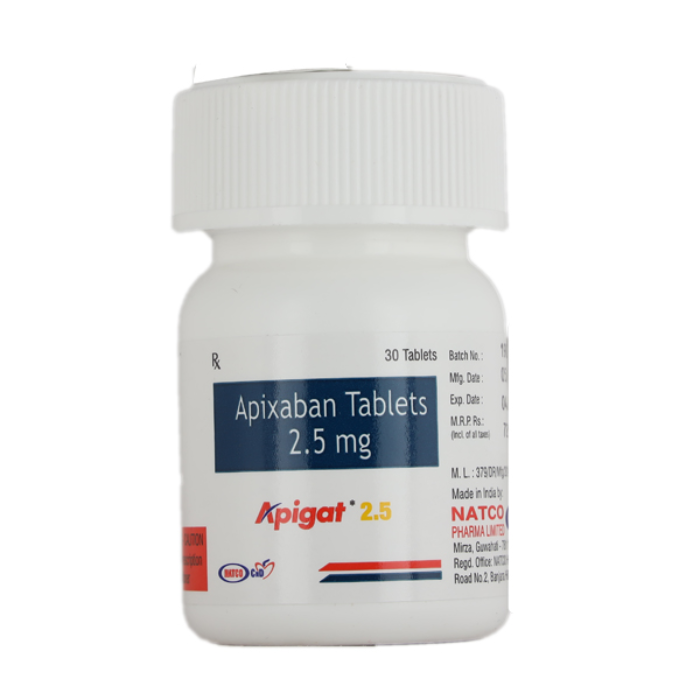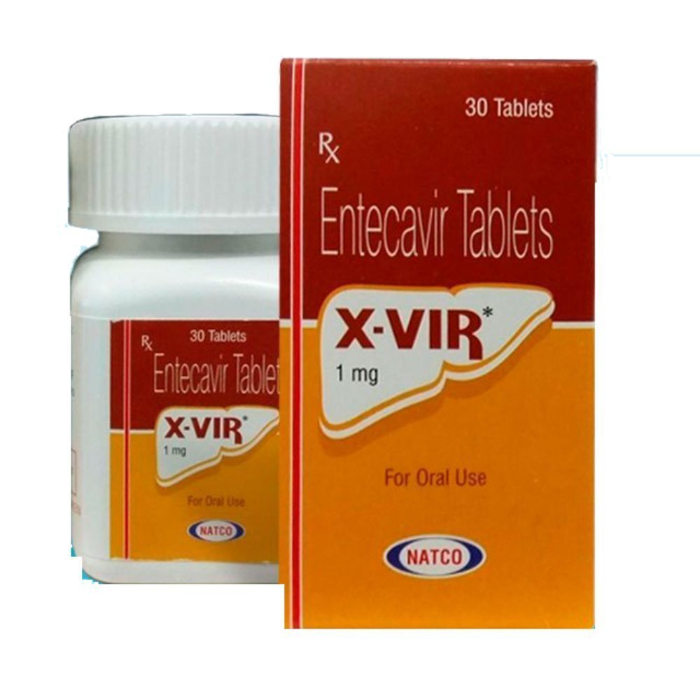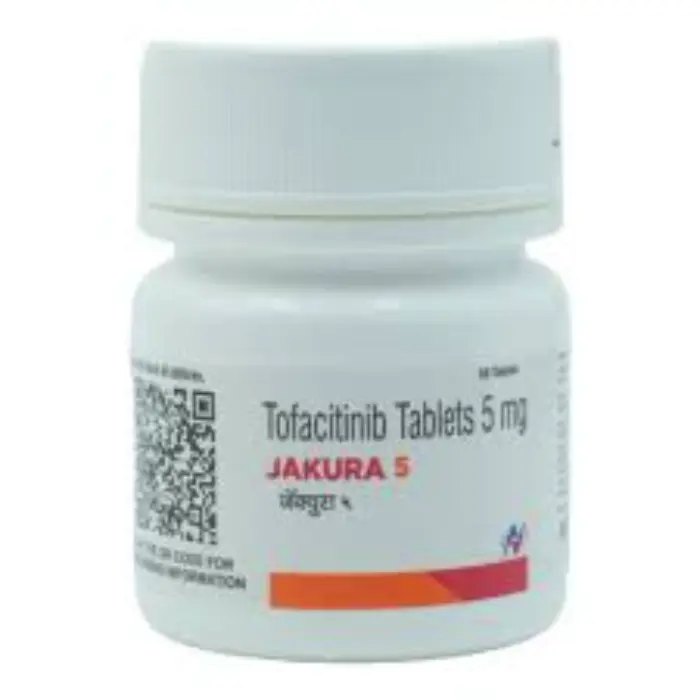Description
Apigat 2.5 mg contains the active ingredient Apixaban, an anticoagulant prescribed for lowering the blood clots developing in patients who are suffering from a condition called atrial fibrillation (irregular heartbeat), as well as other risk factors for stroke. An embolism is a blood clot that blocks the passage of an artery. If the embolism develops in the arteries of the brain, it can give rise to a stroke. Apigat reduces the risk of forming a blood clot in the lungs and legs of people who have just had hip or knee replacement surgery. It is also effective in treating blood clots in the veins of your legs or lungs and reduces the risk of them occurring again. Anticoagulants slow down the time it takes for your blood to clot and reduce the risk of these events happening.
Side effects of Apixaban
Like all medicines, Apixaban Apigat 2.5 mg can cause side effects, although not everyone who uses it gets them. Apixaban can be given for three different medical conditions. The known adverse effects and how frequently they develop for each medical condition may differ and are given below. For these conditions, the most common general side effect of this medication is bleeding, which may be deadly and require immediate medical help. Common side effects of Apigat 2.5 mg are nausea and anemia, which can cause tiredness, paleness, low blood pressure, and bleeding.
Apixaban usage
For a patient who cannot swallow whole tablets, 2.5 mg tablets may be crushed and mixed with water, apple juice, or apple sauce and prompted to be administered orally. The recommended dose is usually 5 mg twice daily, morning and night. This dose should be reduced to 2.5 mg twice daily if you are 80 or older, weigh 60kg or less, or have poor kidney function. Your doctor will best prescribe the dosage, considering your health. The blood thinning medication should be swallowed with water before or after food. Apigat may be used with caution in patients with mild to moderate hepatic impairment. Take this medication regularly as instructed. If you miss a dose, take it as soon as you remember and continue following your dosing schedule. Do not discontinue treatment without your healthcare provider’s advice, as you are at risk of suffering from a stroke or other complications.
Being a blood thinner, Apigat helps to thin your blood. However, this may increase the risk of bleeding. Symptoms of bleeding include bruising, tar-colored stools, bleeding under the skin, nose bleeding, tiredness, dizziness, blood in urine, paleness, coughing up blood, sudden severe headache, or vomiting blood. Seek immediate medical help if the bleeding does not stop on its own. If you need surgery or any invasive procedures, let your healthcare provider know if you are taking Apixaban.
In general, switching treatment from parenteral anticoagulants to Apigat can be done at the next scheduled dose.
Additional information
| Tablet/s | 30 Tablet/s, 60 Tablet/s, 90 Tablet/s |
|---|



















Reviews
There are no reviews yet.